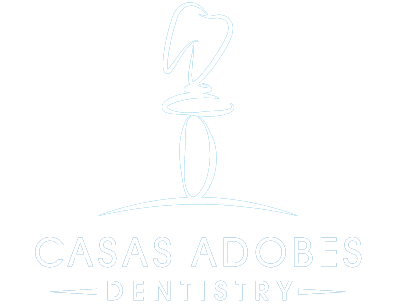When is Dental Bonding Recommended by a Family Dentist?

There are certain issues with teeth that can be remedied through a process called dental bonding. This procedure involves applying a resin material to the tooth and then using a special light to harden and bond it. The resin is similar in color to the natural enamel of the tooth, and it is made from durable plastic. Family dentists may recommend dental bonding for a number of different situations faced by their patients.
To fix medical issues
In many cases, dental bonding is the preferred method of repairing minor medical issues inside the mouth. This process can be used by a family dentist on children as well as adult patients.

Decayed teeth
Composite resin is extremely popular among dentists and patients as a material for filling cavities. Decayed teeth can be fixed by removing the dead material and replacing it with the composite resin, which is an appealing substance because it is difficult to notice once it is applied.
Chipped teeth
In addition to the natural appearance of composite resin, its bonding properties also make it a good choice for repairing chipped teeth. It can bond directly to the enamel and fill in space where the chip occurred.
Exposed roots
When the gum line recedes due to bone loss in the jawbone or other medical conditions, the roots of the teeth can become exposed. The roots are more vulnerable to decay from bacteria and plaque because they are not coated with enamel like the crowns. To prevent exposed roots from decaying quickly, composite resin can be used as a protective coating.
To solve cosmetic issues
Dental bonding can also provide a solution for aesthetic dental concerns. The dentist can use the technique to create a natural look for the patient's teeth.
Discoloration
Many years of smoking, drinking coffee or other stain-causing activities can discolor the teeth. While whitening procedures may help in many situations, some cases require dental bonding to hide the stains.
Spaces between teeth
While noticeable gaps in the teeth may be embraced by some, larger gaps can cause dental issues for others. In addition to drawing attention, gaps that are too large can cause the other teeth to shift and make it difficult or uncomfortable to talk or chew. They can also sometimes lead to gum and jawbone issues.
Short teeth
Long teeth are typically considered attractive, and those with shorter teeth can have them elongated through dental bonding. While not as common, this procedure is still performed in dental offices across the country.
Irregularly shaped teeth
A dental professional can use dental bonding to contour teeth that have uncomfortable or unattractive shapes. Although this may seem like a minor issue, it can make a big difference in the appearance of a smile.
Conclusion
Dental bonding is a commonly used process that can solve many dental issues, both medical and cosmetic. Dentists recommend this procedure in a variety of cases for both adults and children, and it is popular for its ability to fix issues without being noticeable. The composite resin typically used in this technique is known for bonding properties that can also help support teeth.
Are you considering dental bonding in the Tucson area? Get more information at https://www.casasadobesdentistry.com.








